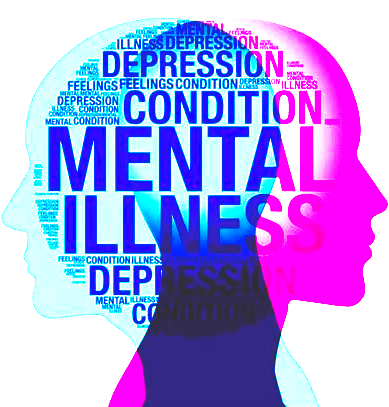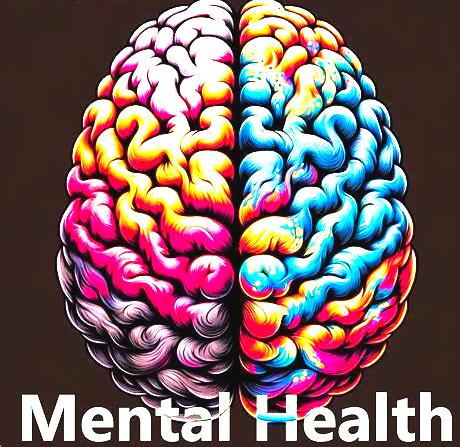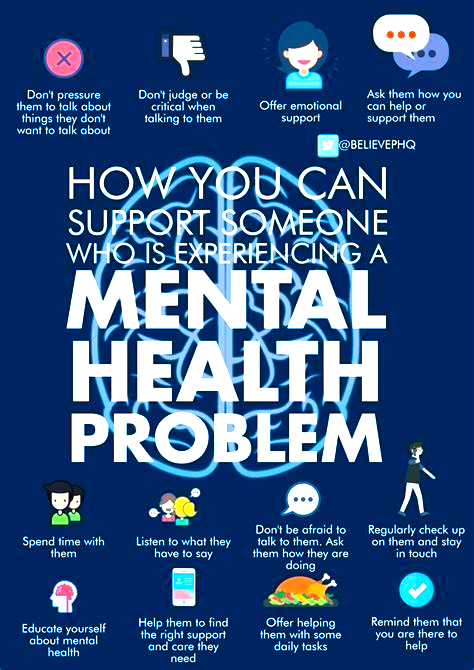Abstract
Mental Health have become a significant concern in modern society, affecting individuals across gender, age, and socioeconomic backgrounds. Men, in particular, face unique challenges when it comes to understanding, discussing, and seeking treatment for mental health concerns. Historically, societal expectations of masculinity, coupled with the stigmatization of vulnerability, have contributed to under-reporting and undertreatment of mental health problems among men. This article explores the current state of men’s mental health, the barriers they face in processing their mental well-being, and the emerging strategies aimed at fostering healthier mental practices among men.

Introduction
The mental health landscape has evolved significantly in recent decades, with increasing recognition of its impact on overall well-being. However, there remains a noticeable gender gap in the way mental health issues are processed, discussed, and addressed. Men, traditionally perceived as strong and emotionally resilient, often experience difficulty in seeking help due to societal and cultural expectations. This article examines the complexities of men’s mental health in today’s world, highlighting the role of gender norms, the impact of mental health stigma, and the resources currently available to help men cope with mental health challenges.

Barriers to Men’s Mental Health Care
1. Cultural Norms and Masculinity
One of the most significant barriers to men seeking mental health support is the cultural expectation of masculinity. Traditional masculinity often equates vulnerability with weakness, which discourages men from acknowledging their emotional struggles. Research has shown that men are less likely than women to discuss feelings of anxiety, depression, or stress with friends, family, or healthcare professionals. The pressure to conform to the ideals of stoicism and self-reliance often leads men to suppress emotions, resulting in higher rates of undiagnosed and untreated mental health disorders.
2. Stigma Surrounding Mental Health
Stigma continues to be a major factor preventing men from processing mental health issues. Men often perceive mental illness as a personal failing rather than a medical condition requiring treatment. This internalized stigma can lead to feelings of shame, isolation, and self-blame, further discouraging men from seeking professional help. The societal association of mental health challenges with weakness perpetuates silence and reluctance, exacerbating mental health struggles over time.
3. Lack of Emotional Literacy
Emotional literacy, the ability to recognize and understand one’s emotions, plays a critical role in maintaining mental health. However, many men are socialized from a young age to prioritize logic and rationality over emotional awareness. This can hinder their ability to identify early signs of mental health issues, such as stress, or depression, until the symptoms become severe. As a result, men are often less prepared to articulate their emotional needs and may struggle to seek help when it is most needed.

Mental Health Challenges Facing Men Today
1. Depression and Suicide
Men are particularly vulnerable to depression, yet they are less likely than women to be diagnosed. One of the most alarming consequences of untreated depression is suicide, and men are statistically more likely to die by suicide than women. This disparity is often attributed to men’s reluctance to seek help, as well as the use of more lethal means in suicide attempts. According to the World Health Organization, suicide rates among men are three to four times higher than among women in most countries, highlighting the urgent need for better mental health interventions.
2. Substance Abuse
In an attempt to cope with emotional distress, many men turn to alcohol or substance abuse, which further exacerbates their mental health problems. Substance abuse often acts as a maladaptive coping mechanism to mask underlying mental health issues such as anxiety, depression, or unresolved trauma. The relationship between substance abuse and mental health in men creates a vicious cycle, where the consequences of addiction further deteriorate mental well-being.
3. Workplace Stress
Societal expectations regarding male financial and professional success can contribute to high levels of stress and burnout. Men often feel pressured to excel in their careers and provide for their families, leading to overwhelming stress and feelings of inadequacy when these expectations are not met. Workplace environments that do not promote mental health awareness or support exacerbate these challenges, making it difficult for men to maintain work-life balance and manage stress effectively.

Progress and Emerging Solutions
1. Mental Health Campaigns Targeted at Men
In recent years, there has been a growing effort to reduce the stigma surrounding men’s mental health through awareness campaigns. Organizations such as November and HeadsUpGuys have made strides in creating safe spaces where men can openly discuss their mental health concerns. These campaigns aim to redefine masculinity by encouraging men to embrace vulnerability, seek help, and prioritize their mental well-being.
2. Therapeutic Approaches Tailored to Men
Mental health professionals have begun recognizing the need for therapeutic approaches that cater specifically to men. Cognitive-behavioral therapy (CBT), group therapy, and peer support networks are increasingly being designed with men’s unique experiences and perspectives in mind. Programs that focus on emotional literacy, stress management, and resilience-building are also gaining traction as effective tools for helping men process and manage their mental health.
3. Technology and Telehealth
Advances in technology, particularly telehealth, have made mental health services more accessible to men who may be hesitant to seek in-person therapy. Online platforms provide anonymity and convenience, reducing some of the barriers men face in accessing mental health support. Apps and digital mental health tools that offer mindfulness exercises, mental health tracking, and virtual therapy sessions are helping men take proactive steps toward managing their mental health.

Conclusion
Men’s mental health remains a critical issue that requires ongoing attention and intervention. While significant strides have been made in reducing stigma and increasing access to mental health resources, many men continue to face challenges in processing their mental well-being. Addressing societal expectations around masculinity, increasing emotional literacy, and providing tailored therapeutic approaches are essential steps in helping men better manage their mental health. Moving forward, continued advocacy, education, and research are needed to ensure that all men have the tools and support necessary to lead mentally healthy lives.
Finally, Peer support is largely becoming an effective approach in helping men deal with their mental health process. Slowly, professionals working in criminal justice and academic institutions are recognizing how participants involved with peer support are more effective in addressing their mental health concerns.
References
Addis, M. E., & Mahalik, J. R. (2003). Men, Masculinity, and the Contexts of Help-Seeking. American Psychologist, 58(1), 5-14.
Mahalik, J. R., Burns, S. M., & Syzdek, M. (2007). Masculinity and Perceived Normative Health Behaviors as Predictors of Men’s Health Behaviors. Social Science & Medicine, 64(11), 2201-2209.
Movember Foundation. (n.d.). Mental health and suicide prevention. Retrieved from https://movember.com
World Health Organization. (2019). Suicide data. Retrieved from https://www.who.int
Written By Donte Nelson
Edited by Renaldo McKenzie, Content Chief
Published by The Neoliberal Journals/The Neoliberal Corporation



